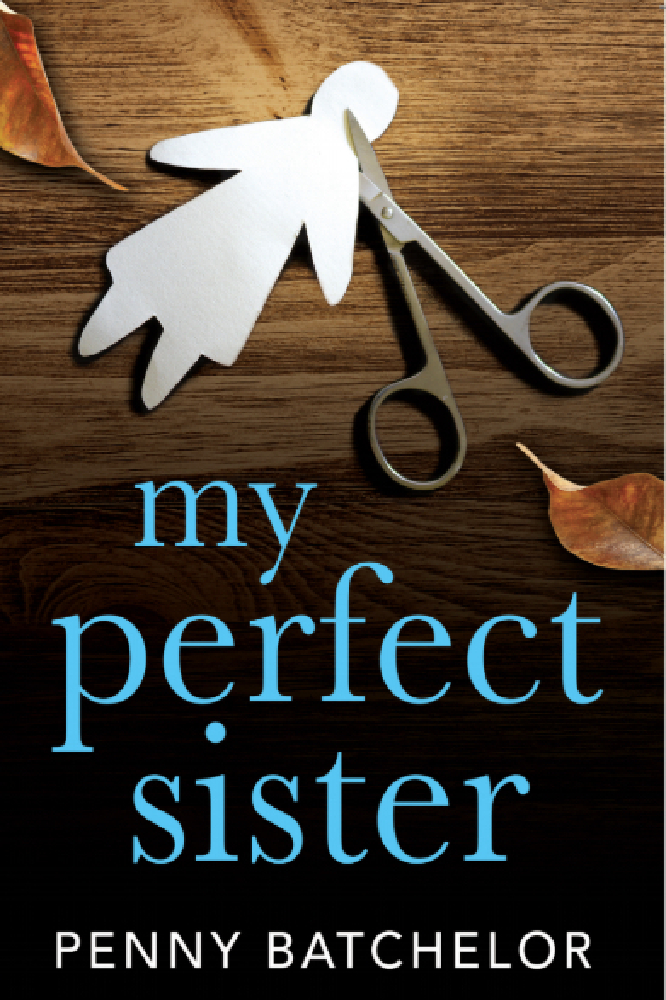author of My Perfect Sister, RedDoor Press

My Perfect Sister
As soon as I learned to read I began my career as a bookworm. I devoured books like others did packets of crisps and looked forward to my savoured weekly library trips. There, like many other children, I read the classics Heidi and The Secret Garden. Unlike many other children, however, these books confused me.
Here’s why. In Heidi the heroine’s friend Clara learns to walk after her wheelchair is destroyed. In The Secret Garden the invalid Colin is hidden in his bedroom but, hurray!, when Mary discovers him and helps him into the aforementioned garden he recovers and walks again. Did this mean that I, born with a rare physical disability, and who read one of the books in hospital after an operation, would rise from my bed and be cured?
It didn’t take the young me very long to work out that it didn’t and that those books were, well just stories completely removed from real life. I, as someone who wasn’t going to suddenly become able-bodied, felt disenchanted and disappointed. What I really wanted to read were books where the wheelchair-using heroine went on adventures with her friends like The Famous Five, or zoomed up a lift to reach the top of the magic beanstalk. Books where children like me were represented and celebrated rather than purely being imperfect bodies to be fixed.
Fast forward to my forties and disability representation in fiction hasn’t improved a great deal when it comes to people living their usual everyday life. That’s why when I decided to write a novel myself I was determined to include a character who happens to be disabled and isn’t a figure of pity or triumph over tragedy. We are friends, colleagues, partners, lovers and neighbours and have rich stories to tell.
In my debut domestic noir thriller My Perfect Sister the character is Ian, a solicitor. When Annie was five her 16-year-old sister Gemma went missing. Now 30, circumstances come together to bring Annie reluctantly back to her childhood home and the secrets it holds. Can Annie discover what happened to Gemma and will she put herself in danger by doing so?
Representation – recognising characters like you in fiction, whether in books or on TV – matters. It mattered to me as a young girl in coming to terms with my identity and it matters to me now, particularly when it’s a novelty to see a disabled character in a story at all. The charity Scope says that 13.9 million people in the UK are disabled. So where are they all in our fiction? I want to see many more disabled lovers, gangsters, heroines, villains; characters you love or love to hate.
Let’s represent the world we live in. Ian in my novel is a small start but I have big plans for future books with great stories and plot twists. My Perfect Sister is just the start. Watch this space!
www.pennybatchelor.co.uk
Reference
https://www.scope.org.uk/media/disability-facts-figures/

